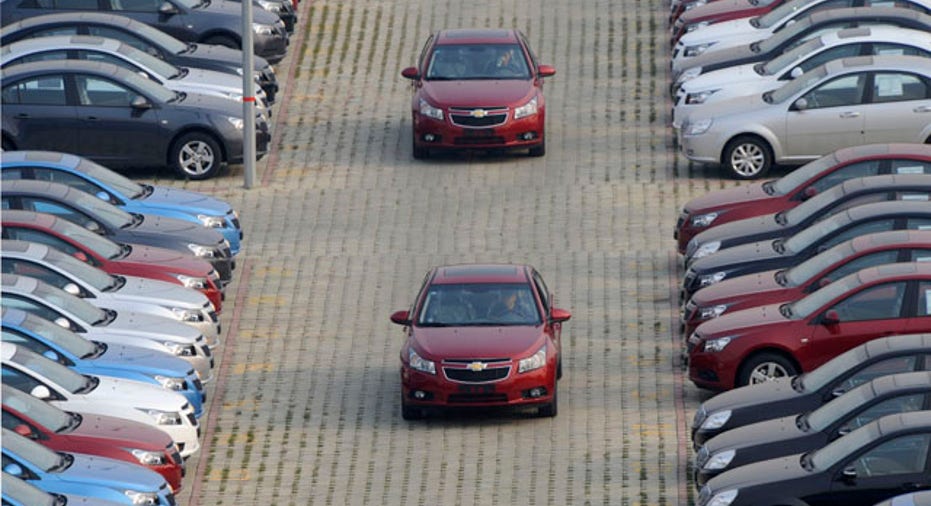Auto dealers worry new vehicle prices may be getting too high

General Motors auto dealership employees drive brand new Chevrolet cars.
REUTERS/Sheng Li
As the automotive industry braces for changes including electrification and autonomy, dealers across the U.S. are worried about something much simpler: the price of a new car.
After decades of fighting to protect their businesses and advocating for dealers to Congress and the federal government, dealers see their new mission as advocating for the consumer to keep the cost of a new vehicle low.
The average price of a car to date through February is about $32,200, about $500 more than the price of a vehicle last year, according to J.D. Power, as manufacturers roll out new models with additional technology and safety features, justifying an increase in price. Customers are also buying more SUVs and pickup trucks, which come with a higher transaction price compared with sedans.
If the cost of a new car continues to rise at rates it has been, "it will stop sales," said Wes Lutz, chairman of the National Automobile Dealers Council. "It's just more than the consumer can handle."
But dealers and consumers are up against a number of challenges. Tightening credit conditions and higher interest rates are driving up monthly payments. Average monthly payments now exceed $525 a month, according to Edmunds.com, with the online-shopping company estimating that interest rates on new-vehicle loans hit an eight-year high in February.
New tariffs on steel and aluminum imports that went into effect Friday could exacerbate the problem.
As auto makers like Toyota Motor Corp. meet with their dealers at the NADA Show in Las Vegas, Toyota executives are telling their dealers that "we're all in the same boat together," but acknowledge that "it's simple math, with a tariff there's going to be a price increase," said Jack Hollis, general manager of Toyota North America.
Toyota's chief executive of North America, Jim Lentz, called the tariff a "tax on the U.S. consumer" and said if vehicles increased about $200 across the industry because of the tariff, that is a $3.4 billion tax on the U.S. consumer.
Dealers said they have to get crafty to get consumers into a new car at a price they can afford.
Charlie Gilchrist, vice chairman of NADA, said he's sometimes putting consumers into a longer-term lease to drive down monthly payments. But he acknowledges rising interest rates and prices could result in fewer cars sold in 2018.
"You can't continue to raise the price because at some point, people won't buy cars," Mr. Gilchrist said.
Write to Adrienne Roberts at Adrienne.Roberts@wsj.com



















